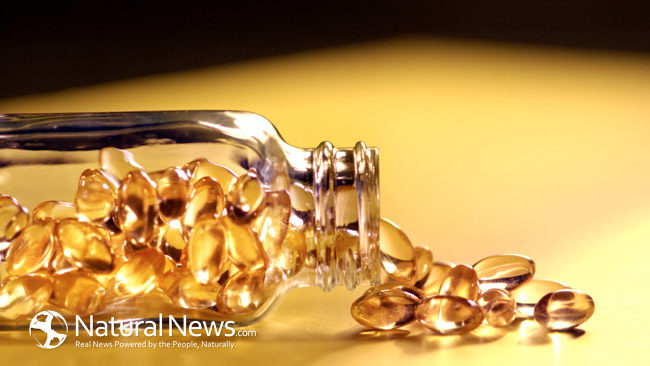Fats are all bad – We need the good kind
Our body needs good fats and it can certainly go without bad fats. However, this doesn’t mean that good fats can be justified in large amounts. One might assume that if they just eliminated fat from their diet they would lose large quantities of weight and there in lies the magical solution to obesity. That is not the case because our body actually needs fat, but there is a difference between heart healthy fats and the type that clog the arteries. The U.S. Department of Agriculture’s Dietary Guidelines recommends that at least 10% of our calories comes from healthy fats at minimum, but suggests consuming at least 20-35%. The trouble is that many Americans are exceeding this amount because fats are pleasurable to the taste buds. They certainly add flavor to foods.
When it comes to nutrition, fat contains 9 calories per grams versus the 4 calories in the same amount of protein or carbohydrates. Fat is found in so many different foods that completely avoiding it takes a conscious effort. Think of French fries, cheese, steak, cookies, and basically most processed foods. These foods and their fat content contribute to type 2 diabetes, high blood pressure, heart disease, and even cancers. On the other hand, the right types of fat can actually lead to weight loss and increase liver health.
There are two types of fat which are saturated and unsaturated fats. Saturated fats are the type that should be avoided, and this includes trans fatty acids. They’re mostly found in animal products and vegetable fats such as oil. The American Heart Association recommends keeps these to less than 7% of total calories. This is because they can raise cholesterol and clog arteries. These bad fats also include trans fats which are found in baked goods, popcorn, and packaged snack foods.
Unsaturated fats are the good type and include polyunsaturated and monounsaturated fats. These can help lowers cholesterol and reduce the risk of heart disease. Polyunsaturated fats are found in vegetables oils, and the most popular type are omega 3 fatty acids. Omega 3 fatty acids are mostly found in fish like salmon, catfish, trout, and maceral, as well as flaxseed and walnuts . In fact, the American Heart Association recommends at least 2 servings of these types of fish per week. Monounsaturated fats are found in avocados, almonds, sesame seeds, olives, peanut oils, and cashews.
The best way to approach a healthy diet is to read labels. Eating whole grains, fruits, and vegetables instead of fats is a good approach to reducing the intake of these health consequential fats. Limiting processed foods, fried foods, and desserts can also help. You want to look that the labels read low in total fat, saturated fat, and trans-fat. Temporary taste but satisfaction isn’t worth the health risk.
Sports Nutrition: Diets, Selection Factors, Recommendations – PMC (nih.gov)








